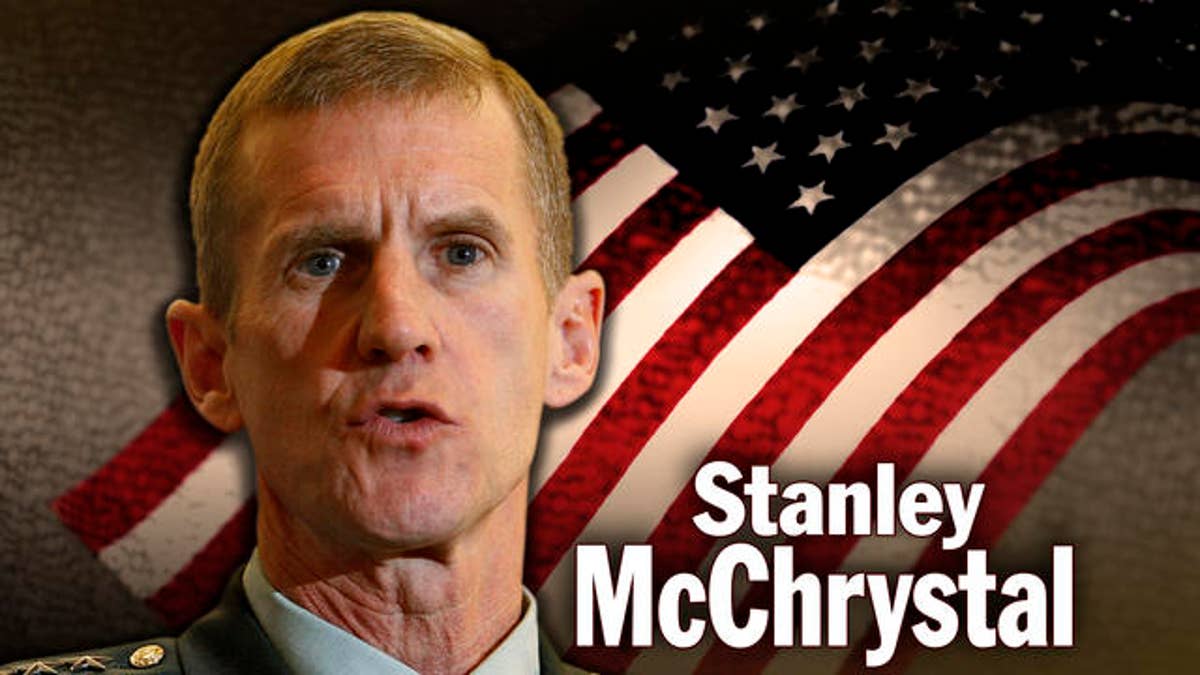
AP (AP2009)
Prior to the implementation of the surge by the Bush administration, Democrats in Congress demanded that General Petraeus appear before them and testify about his plans and strategy for Iraq.
The Bush administration complied with Congress’s demands because they believed in the surge and knew that General Petraeus was a man of integrity and professionalism who could testify with authority. But, most importantly, they believed in the change in strategy that was being advanced by him and supported by the president.
The Democratic plan was to demonize and discredit the general before the cameras and reduce him to a warmonger and a liar in the eyes of the American people. The left-wing activist group MoveOn.org took out a full-page ad in The New York Times labeling the commanding general of our war efforts in Iraq, “General Betray-us”. Then there was Senator Hillary Clinton who eyeballed the general during the hearing and told him in effect, I find what you are telling us incapable of belief.
Needless to say, their efforts backfired. The general came across as a man of integrity who could not and would not be bullied. He came across to the American people as a credible military leader and Democrats in Congress came across as disrespectful and unpatriotic.
In the fall of 2007, then Senator Obama took time off from the presidential campaign to rush back to Washington to question Gen. Petraeus. The general’s answers to the senator went in one ear and out the other. Presidential candidate Obama was against a winning strategy in Iraq because it was politically expedient to his ambitions. He did not appear to be interested in what the general was saying, he was interested in the spectacle the Democrats hoped to create. Only later in the presidential campaign, when it became clear that the surge, as set forth by Gen. Petraeus, was working, did Obama stress the need for a president to listen very carefully to the advice of his military commanders.
Now, in Afghanistan, President Obama faces a set of circumstances that are very similar to those faced by President Bush in Iraq. You can see that the president is frustrated by the fact that he is now called upon to make decisions that will affect his presidency and even his re-election plans.
Now that the shoe is on the other foot, the president -- who claimed he wanted his legacy to be openness and transparency -- seeks to silence his commanders and limit their exposure to Congress and the media.
I say, let General McChrystal testify before Congress, Mr. President. What are you afraid of? He is your hand picked commander in the region. You chose him to implement a winning strategy in Afghanistan. Is he not getting the job done? If you do not trust his judgment than you should replace him. But, if you believe in him, then you need to practice what you preach. You demanded that General Petraeus appear before Congress when you were a Senator. Now you should allow and in fact encourage General McChrystal to testify.
By playing politics with military commanders and our troops President Obama runs the risk of not only losing his hand-picked commander in Afghanistan and could also wind up losing Gen. Petreaus as head of U.S. Central Command. But most importantly, he runs the risk of losing the confidence of the American people and our allies around the world.
Bradley A. Blakeman, served as a deputy assistant to President George W. Bush from 2001-04.
